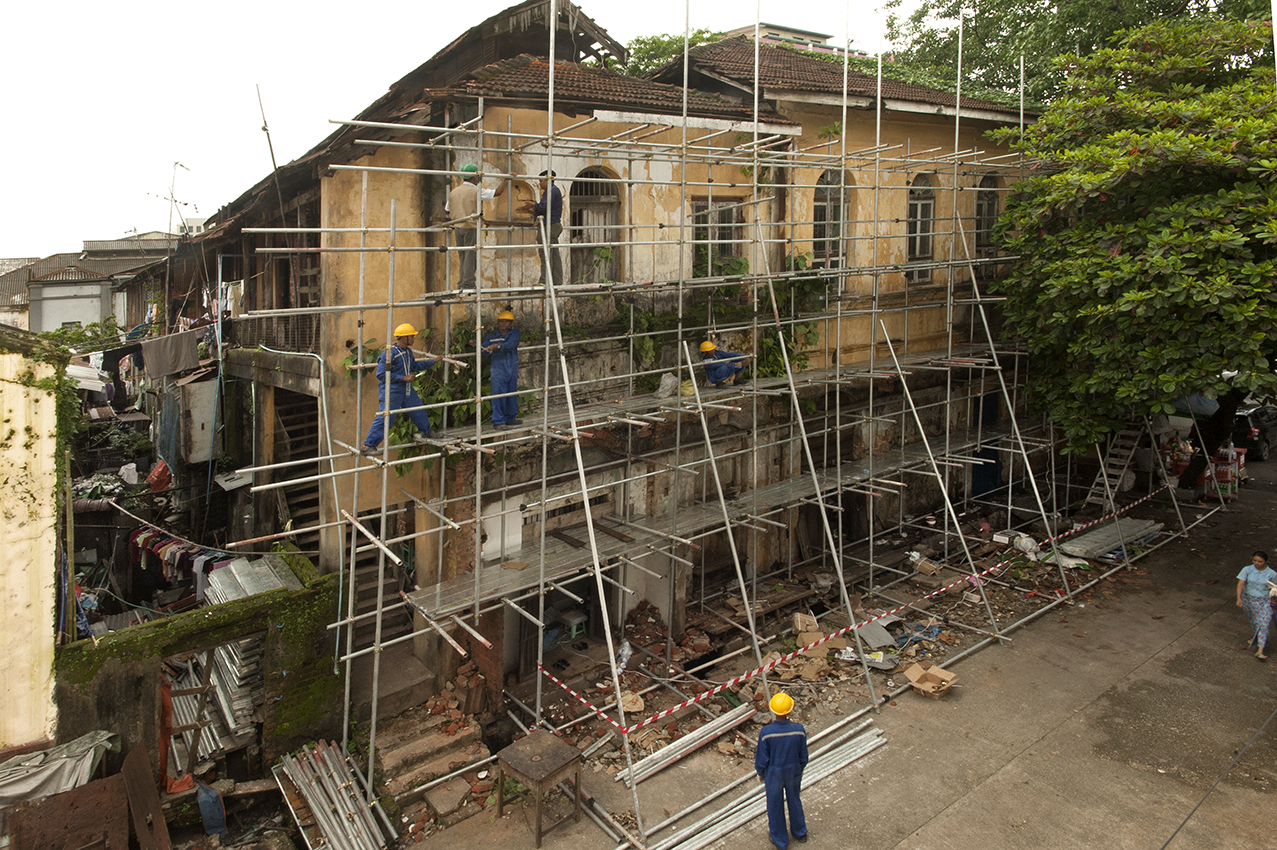About CH4IG
In January 2022, in response to the British Council’s call for proposals from relevant heritage organisations and academic institutions, ICCROM – in partnership with institutional partners in Southeast Asia and the United Kingdom – presents a project aiming to assess the opportunity for the conservation and management of cultural heritage to contribute to Southeast Asian communities’ inclusive growth. The idea is for heritage institutions, NGOs, civil society organisations, professionals and researchers from the region and the U.K. to exchange insights gleaned from field experiences.
Cultural Heritage for Inclusive Growth
 The scope of cultural heritage is no longer limited to symbolic monuments and sites. Rather it encompasses vernacular settlements, cultural landscapes, traditional crafts and cultural practices that demonstrate inseparable links between the tangible and intangible as well as nature and culture. Therefore, heritage conservation and management is not just aimed at mere preservation of the physical fabric but should take into account the wider social, economic and environmental context, and contribute to the overall well-being of communities, who are the true bearers of heritage.
The scope of cultural heritage is no longer limited to symbolic monuments and sites. Rather it encompasses vernacular settlements, cultural landscapes, traditional crafts and cultural practices that demonstrate inseparable links between the tangible and intangible as well as nature and culture. Therefore, heritage conservation and management is not just aimed at mere preservation of the physical fabric but should take into account the wider social, economic and environmental context, and contribute to the overall well-being of communities, who are the true bearers of heritage.
Based on a strong appeal from national and local stakeholders, the 2030 Agenda adopted by the UN General Assembly integrates, for the first time, the role of culture, through cultural heritage and creativity, as an enabler of sustainable development across the Sustainable Development Goals.
With this new perspective, conservation and management of cultural heritage are not seen as anti-development but viewed as contributors to the sustainable development agenda. The report on Heritage for inclusive growth, published by RSA in partnership with the British Council, explores a systemic approach that brings together heritage, economic development and a wider range of inclusive social, economic and environmental outcomes.
The report makes the case that the heritage sector has a key role to play in driving growth that supports local communities and addresses social, economic and environmental inequalities while also recognising the cultural, symbolic and emotional factors which shape the identities and experiences of individuals, communities and places.
The project will focus on built heritage that includes historic and vernacular buildings, sites and settlements. However, the inherent links between tangible and intangible dimensions of heritage through traditional crafts, socio-cultural practices and livelihoods will be always taken into consideration. This project will be open to participation from the entire ASEAN region to encourage wider regional learning. However, applicants from Indonesia, Malaysia, Myanmar, the Philippines and Thailand will be given special consideration.

